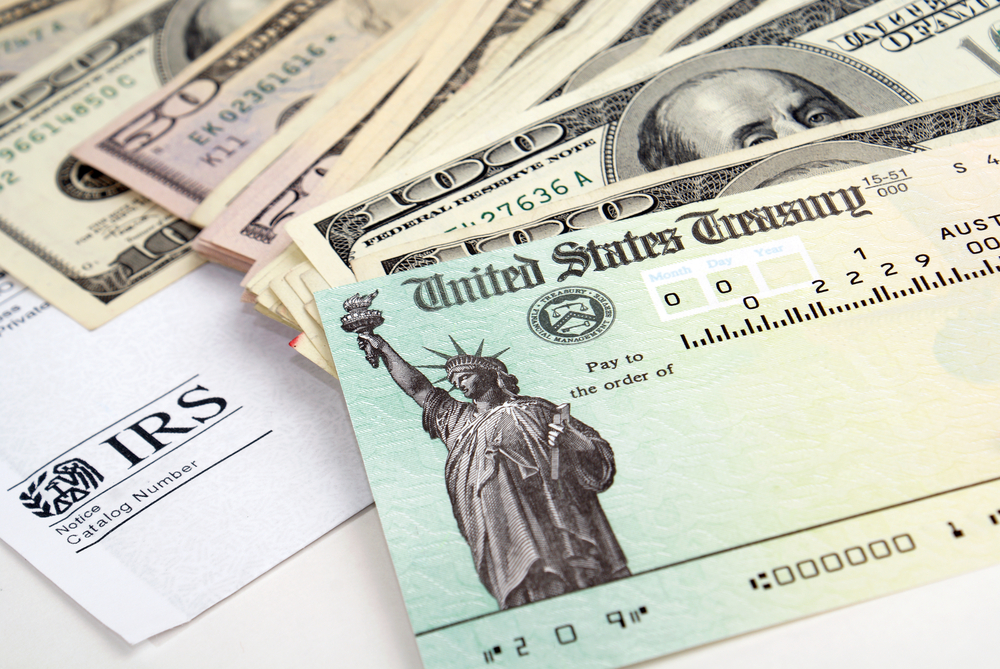Does the IRS Owe You Money?
The only thing worse than paying taxes is paying more than what you owe. Yet millions of taxpayers do just that year after year – by failing to take the deductions they are due, by not claiming their refunds, by entering the wrong bank account information, and by not filing their tax returns at all. If you fall into any of these categories, you could be missing out on your share of unclaimed tax refunds.
The IRS gets a bad rap sometimes, and some of that criticism is justified. The tax agency does indeed lean heavily on taxpayers at times, but they also try to reunite honest taxpayers with the refunds they are due.
Reaching Out and Cashing In
In order to do that, the IRS publishes annual statistics on the number of unclaimed tax refunds in the system, and the dollar amount that represents. To say that number is eye-popping would be a vast understatement, and here is what you need to know.
According to IRS statistics the tax agency is currently holding on to more than 1.5 billion dollars in unclaimed tax refunds, and that is just the tip of the unclaimed property iceberg. The IRS has reported similar figures for previous years indicating a real problem for taxpayers and a real opportunity for saving men and women to reclaim the money they are owed.
How to Get Your Hand on the Money
So how do you know if the IRS owes you money, and how can you claim the cash you have coming? There are several ways to go about it and the process will depend on why the money is owed.
The first and most obvious thing to do is make sure you have filed all of your required tax returns. Even if your income level is low enough that you do not have to file taxes, it may be to your advantage to go ahead and file if you have deductions and credits coming your way.
Talk to Your Tax Preparer
If you work with a CPA or paid tax preparer, you can simply ask them to go through your records and provide you with information about which year’s tax returns you have filed and the amount of any Associated refunds. Armed with that information you can check your bank statements to make sure that the tax returns you should have received or actually deposited into your account.
The IRS Clock is Ticking
If you do find that you missed filing for a particular year you have three years to go back and file that return. That will allow you to claim any refund you have coming your way. Keep in mind that you only have three years to file the return and after that time period expires any money that would have been yours will become the property of the federal government.
Sometimes you will have filed your return and requested your refund but not received the refund you would do. This can happen for a number of different reasons including transposed numbers on your direct deposit form, bank errors that sent the refund to the wrong account, and issues with the U.S. Postal Service in the case of a paper check or debit card.
The Search for Unclaimed Property
If you do find that one or more of your refund checks is missing the obvious place to go is your state’s unclaimed property department. Each state maintains a division of unclaimed property to hold assets and reunite them with their rightful owners. Hopefully, you will get lucky and have some cash coming your way.
Paying taxes is unpleasant enough, and the last thing you want to do is compound it by paying more than you have to. That means you should be taking every deduction you deserve, and it also means tracking down all those old tax refunds – after all, it is all money in the bank.




Comments